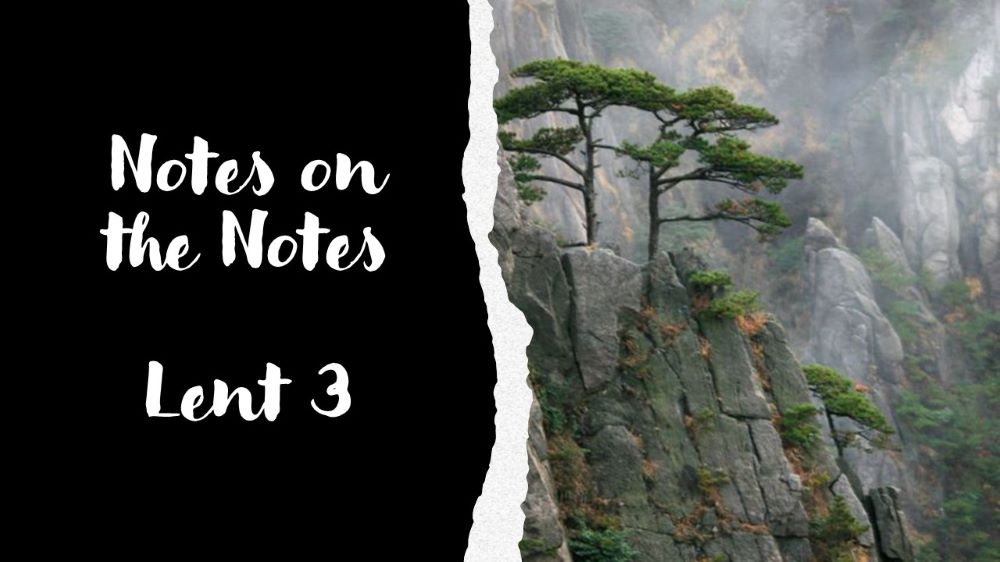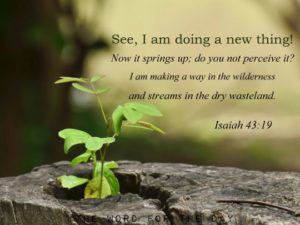Notes on the Notes – March 7, 2021

Lent 3
This week’s music:
“Take Up Your Cross” (VU #561)
“Take up your cross, the Saviour said,
If you would my disciple be;
Take up your cross with willing heart,
And humbly follow after me.
Take up your cross;
Let not its weight fill your weak spirit with alarm;
Christ’s strength shall bear your spirit up,
And brace your heart, and nerve your arm.
Take up your cross, heed not the shame,
Nor let your foolish pride rebel;
Your Saviour once accepted death upon a cross, on Calvary’s hill.
Take up your cross, and follow Christ,
This not till death to lay it down;
For only those who bear the cross may hope to wear the glorious crown.”
Charles Everest, a graduate of Trinity College, Hartford, was rector of a parish in Hamden, Connecticut for thirty-one years. He wrote this sermon in verse at the age of nineteen and published it in his anthology, Visions of Death and other Poems (1833). The tune, HESPERUS, was composed by Henry Baker, a civil engineer, during his undergraduate years at Exeter College, Oxford. It was first published anonymously in 1866. The words reference Mark 8:34.
Hear the hymn played on organ at: https://www.youtube.com/watch?v=_1ZPfWMk6Jo
“Everything Will Have it’s Season”
“Everything will have its season, time to end or to begin.
Time for birth and time for dying, time to plant or gather in;
Time to prune and time for healing, time to tear down or enhance;
Time to weep and time for laughter, time to mourn and time to dance.
Time to scatter or assemble, time to hold or to let go;
Time to seek and time to forfeit, time to tear and time to sew;
Time to keep or to abandon; time to speak, and then to cease;
Time for love and time for anger, time to fight and time for peace.
When we look to past or future, can we see the greater plan?
Taking pleasure in our toil, will our deeds outlast our span?
But God’s words endure forever and our tasks before us lie.
Then discern what we contribute; God redeems what has gone by.”
The words for this hymn are by Allan Baer (2014), and reference Ecclesiastes 3:1-14. (Source: https://www.crossroadsunited.ca/spirit/) This week the words will be sung to the hymn tune, ODE TO JOY.
“My hope is built on nothing less than Jesus’ blood and righteousness;
I dare not trust the sweetest frame, but wholly lean on Jesus’ name.
On Christ, the solid Rock, I stand;
All other ground is sinking sand,
A higher plane than I have found,
On Christ, the solid Rock, I stand.
When darkness seems to hide His face,
I rest on His unchanging grace;
In every high and stormy gale,
My anchor holds within the veil.
On Christ…
When He shall come with trumpet sound,
O may I then in Him be found!
Dress in His righteousness alone, faultless to stand before the throne.
On Christ…
I dare not trust the sweetest frame,
But wholly lean on Jesus’ name.”
The words for this week’s anthem are by Edward Mote. Mote was a pastor and hymn writer. Born in London on 21 January 1797, his parents managed a pub and often left Edward to his own devices playing in the street. He was trained as a cabinet maker and worked in London for many years. Later he entered the ministry. He was well liked by his congregation in Horsham and they offered him the church building as a gift. Mote replied “I do not want the chapel, I only want the pulpit; and when I cease to preach Christ, then turn me out of that.” He died on 13 November 1874 and is buried in the church yard at Rehoboth Church.
Perhaps his best known hymn is “My Hope is Built on Nothing Less”, which refers to the Parable of the Wise and the Foolish Builders (Matthew), with its refrain ‘On Christ the solid Rock I stand, All other ground is sinking sand’. “My Hope Is Built on Nothing Less” is part of the gospel hymns genre. The first stanza declares God’s grace; stanza 2 concern the application of that grace in times of trouble. In the final stanza, Mote brings his hymn full circle with the ultimate realization of God’s grace. Mote’s words have been set to music by Benjamin Harlan (1996).
“This is a Day of New Beginnings”
“This is a day of new beginnings, time to remember and move on,
Time to believe what love is bringing,
Laying to rest the pain that’s gone.
For by the life and death of Jesus,
Love’s mighty Spirit, now as then,
Can make for us a world of difference,
As faith and hope are born again.
Then let us, with the Spirit’s daring,
Step from the past and leave behind
Our disappointment, guilt, and grieving, seeking new paths, and sure to find.
In faith we’ve gathered round the table to taste and share what love can do.
This is a day of new beginnings; our God is making all things new.”
The words for our closing hymn are by Brian Wren (1983). The music we will be using is ST CLEMENT, the tune for the hymn “The Day Thou Gavest, Lord, is Ended,” composed by Clement Cotterill Scholefield in 1874.
See the hymn played by brass band at: https://www.youtube.com/watch?v=uBhMvPx2U0I
Categories: Notes on the Notes, Worship


You must be logged in to post a comment.